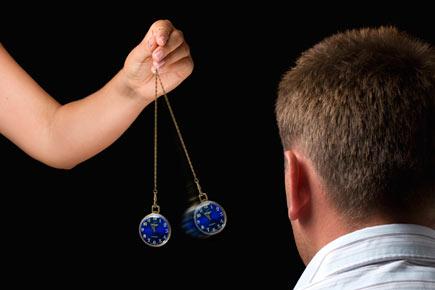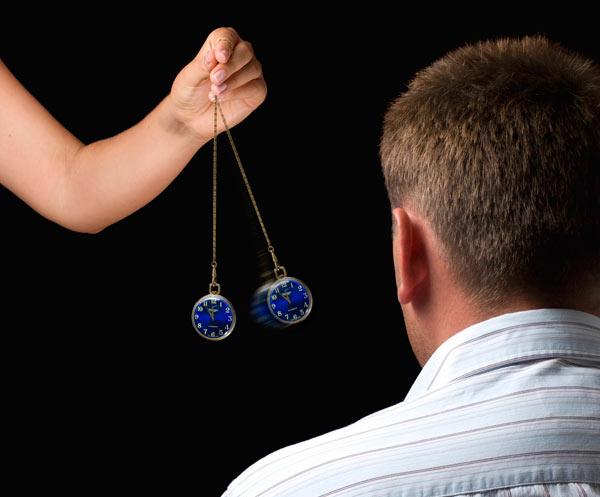On this day, November 13 in 1841, Scottish surgeon James Braid first encountered the concept of animal magnetism in a public demonstration, which led to his study of the subject he eventually termed hypnotism

hypnotism, hypnosis, mesmerism, animal magnetism, James Braid, Charles Lafontaine, self hypnosis, hypnotherapy, Franz Mesmer
While attending a performance by travelling Swiss magnetic demonstrator Charles Lafontaine at the Manchester Athenæum in England, Scottish surgeon and 'gentleman scientist' James Braid first obsvered the operation of animal magnetism.
ADVERTISEMENT
When he along with fellow members of the medical community, who were paret of the viewing audience were invited by Lafontain on stage to examine the physical condition of his magnetised subjects, Braid much to his astonishment deduced that the subjects were indeed, in quite a different physical state.

Representational picture
After attending two more of Charles Lafontaine's demonstrations, James Braid was convinced there was a scientific explanation behind his method of magnetism or mesmerism, a term attributed to the German physician Franz Mesmer. He felt that no magnetic agency of any sort as Lafontaine claimed during his demonstrations was responsible for these veridical events. So when a subject experienced a transformation from one condition to another only to revert back to his original state, it had not occured due to the operator in this case Lafontaine.
He proved his point by his self-experimentation with his "upwards and inwards squint". This led to what would come to be known as self-' or 'auto-hypnotism. The exceptional success of James Braid's use of this practice, entirely by himself, on himself within his own home, clearly demonstrated that it had nothing whatsoever to do with the 'gaze', 'charisma', or 'magnetism' of the operator; all it needed was a subject's 'fixity of vision' on an 'object of concentration' at such a height and such a distance from the bridge of their nose that the desired 'upwards and inwards squint' was achieved.
Since James Braid coined the term during his studies he is considered an influential pioneer of hypnotism and hypnotherapy and is regarded by many as the first genuine 'hypnotherapist' and the 'Father of Modern Hypnotism'.
Modern hypnotherapy has been used for controlling or curing a wide variety of medical issues like fears and phobias, skin diseases, pain management, weight loss, soothing anxious surgical patients, psychological therapy among many others.
Hypnotherapy has been used most notably in age regression therapy, in which the patient returns to an earlier stage of life in order to explore a memory or to get in touch with some difficult-to-access aspect of their personality.
Use in surgery
Surgeon James Esdaile reported on 345 major operations performed using mesmeric sleep as the sole anesthetic in British India. The development of chemical anesthetics soon saw the replacement of hypnotism in this role.
Another English surgeon John Elliotson in 1834 reported numerous painless surgical operations that had been performed using mesmerism.
Before the invention of chemical anesthesia field doctors, most notably during the American Civil War, used hypnosis as a medical application.
Did you know?
Hypnotism as a tool for health seems to have originated with the Hindus of ancient India, who often took their sick to sleep temples to be cured by hypnotic suggestion, as in ancient Egypt and Greece. Hypnotic-like inductions were used to place the individual in a sleep-like state, although it is now accepted that hypnosis is different from sleep.
 Subscribe today by clicking the link and stay updated with the latest news!" Click here!
Subscribe today by clicking the link and stay updated with the latest news!" Click here!





_d.jpg)

